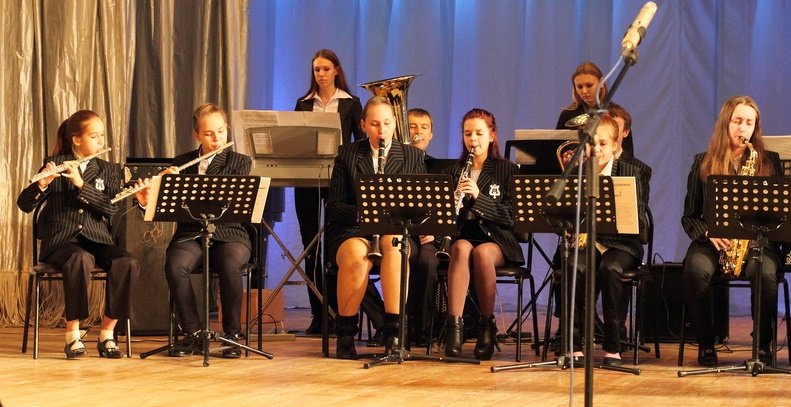Music is a performing art which delivers a message through sound and is sometimes accompanied by instrumentation. It is used largely for entertainment but can also be used as a way of educating the society. Music education benefits both the individual and society, and has far reaching implications for children’s learning and development. It is suitable for pre school and school children of all ages and can be graded to suit the skills of the child. School musical activities are generally seen as fun.Apart from being a valuable subject in itself, learning Music helps develop skills in other areas.
Academic Growth
Music enhances academic growth. It prepares the brain for higher forms of learning because it permanently shapes a young mind for improved performance. Children who take music lessons have a higher brain development and improved memory as compared to those who don’t.
Amongst other abilities, music helps develop spatial temporal skills which are integral to the development of Mathematics skills. Music contributes to the ability of children to recognize sound and words because it entails repetitive use of words and phrases thereby helping children to develop memory and a large vocabulary of words. Music strengthens the verbal competency of children and improves reading and cognitive development. The rhythm and repetition of Music make it enjoyable for young children to learn through singing and playing simple instruments.
Other benefits
The positive effects of a Music education extend wider than academic growth, and ultimately contribute to our well-being throughout our lives. Learning a school musical instrument provides a safe environment for children to practice, make mistakes and develop.
Music is an art which can be used to express one’s feelings, with different musical tones expressing different moods. Actively participating in musical activities facilitates emotional development and self-awareness, as students acknowledge what they are expressing.
A Columbian university study revealed that students who study Music are more self-confident and better able to express their ideas. Performing in front of others helps overcome fears and increases the sense of self-worth This resulted in a reduction of aggressive and anti-social behavior. Music students were found to be more cooperative, better at taking criticism and less likely to develop addictions than other students.
The other advantages on a music education include therapeutic benefits and of course pleasure. Music has the power to relax the mind especially under emotional pressure, and to thereby decrease stress. The pleasure many people gain from playing music, singing and/or performing in front of an audience cannot be underestimated. Those who choose to listen rather than perform, listen with increased appreciation if they understand what they are listening to.
Music is an art often practised in collaboration with others such as singing in a choir, or playing in a band or orchestra. It provides children with a feeling of belonging, a sense of being part of something larger than oneself, and of contributing to the group. School musical groups foster skills of collaboration and teamwork, in a unique way,
Conclusion
The benefits of music education to children are extensive, and remain with them throughout their lives. The above article includes arguably the most important advantages
References
Houlahan, M., & Tacka, P. (2008). Kodály today: A cognitive approach to elementary music education. Oxford University Press.
Swanwick, K. (1996). A basis for music education. London: Routledge.
Walker, R. (2007). Music Education: Cultural Values, Social Change and Innovation. Springfield: Charles C Thomas
http://musicempowersfoundation.com/the-importance-of-music.html


